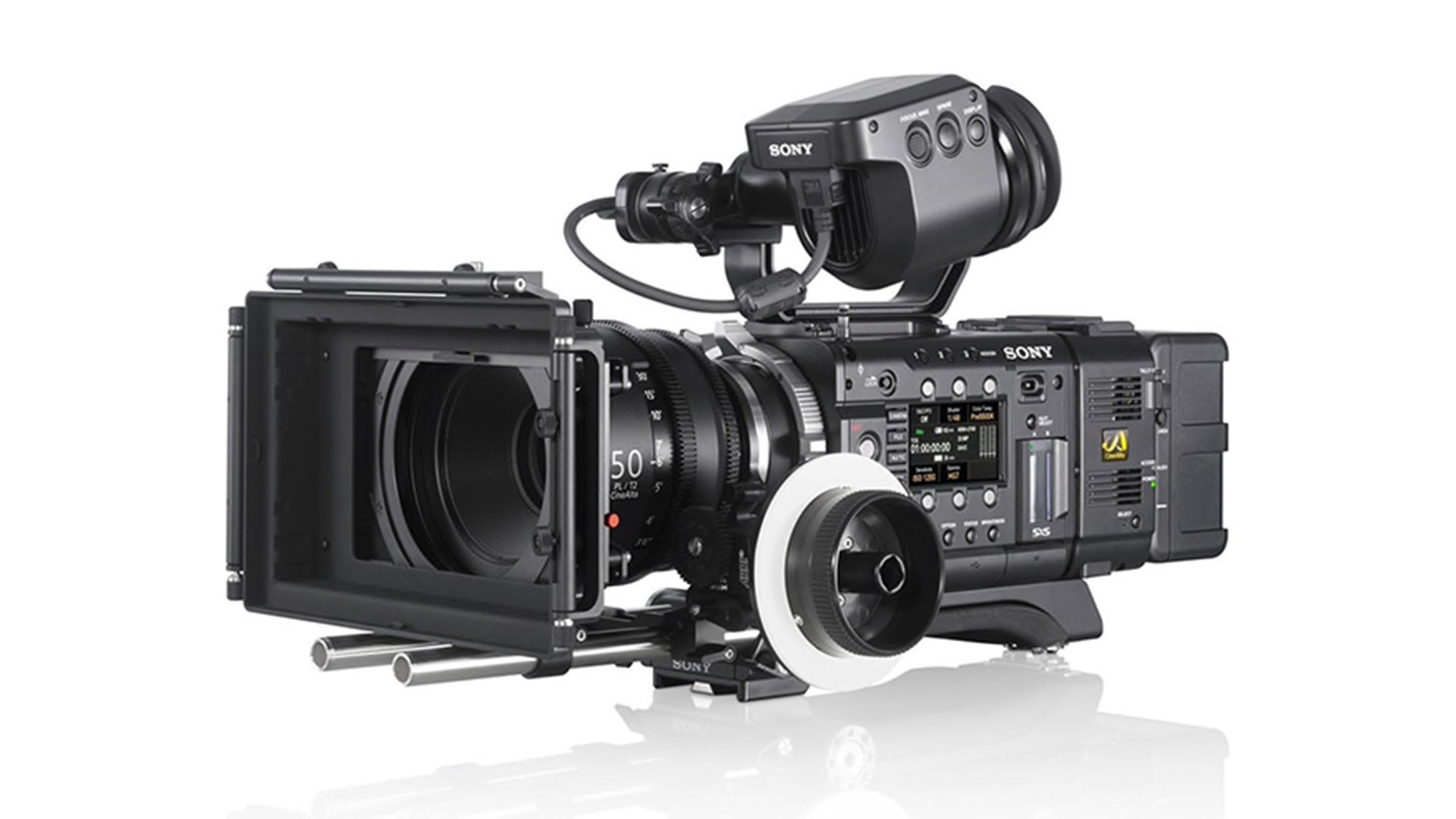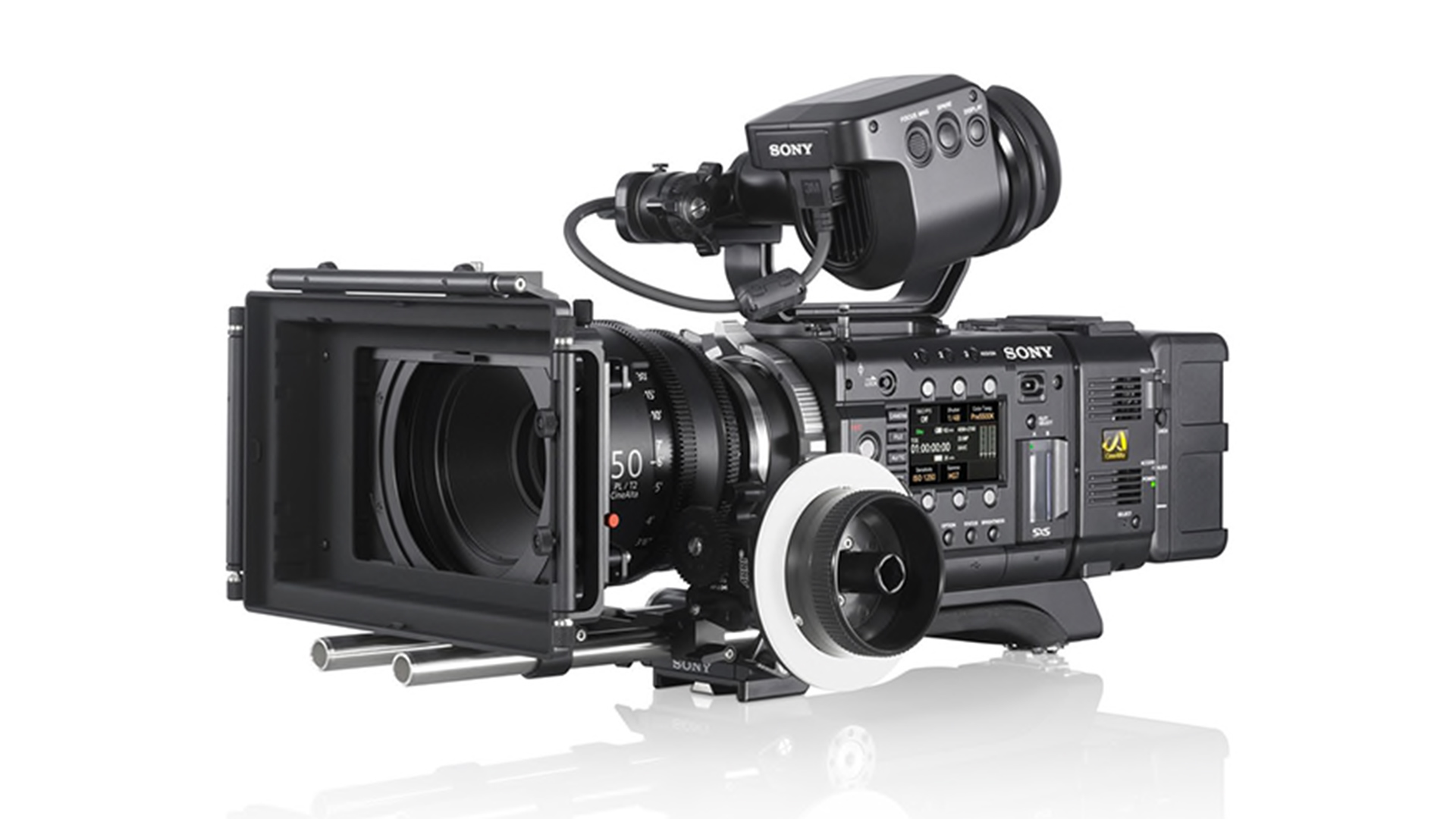
 The Sony F55 is fairly old as cameras go, but shows just how long 4K has really been on the scene.
The Sony F55 is fairly old as cameras go, but shows just how long 4K has really been on the scene.
It is no secret that we’re enthusiastic about higher resolutions here at RedShark, yet debates still continue to rage. But high resolutions are now an everyday part of production, and we are seeing the benefits in spades. I think it is now beyond debate. Here's why.
Every time we publish an article on RedShark about 8K we get a lot of comments about why we don't need it. But one of the most common things we hear is along the lines of "I still shoot 1080p, and it's good enough for my clients".
This is a fair comment, but it is false to equate what your clients currently want with what they might want further down the line. If those same clients come back to you several years later and wanting to re-use some of the footage, or add new stuff, then you’re going to wish that you’d shot in a higher resolution.
That's just one example, but that’s not actually what I want to talk about here. YouTube and Vimeo now cater for resolutions up to 8K. Netflix and Amazon insist on 4K HDR deliverables. Meanwhile pretty much every single television you can buy in the shops is now at least 4K with some sort of advertised HDR functionality.
The simple fact is that UHD is now so normal as to be beyond debate whether we need it or not. It is simply a 'thing' we have. In other words it is our current reality.
Equipment maturity
In the mid-2000's SD cameras reached maturity. We reached a point where computers no longer struggled to handle the footage, and storage space wasn't an issue. When HD arrived, one of the main concerns was that computers would no longer be able to handle the footage as efficiently. Those fears were not without foundation, as it proved to be true. For a short while.
The other concern was that new fangled HD camera contraptions would not be as good in low light, and that noise would start to become an issue again. For a while this was true to a degree as well. However, computers eventually caught up, camera technology improved drastically, and the whole process started again once 4K arrived.
Today, where resolution is concerned we are now at a point of taking it or leaving it. In other words, we now have so much picture information that we are a lot more free to manipulate it in ways that you couldn’t with lower resolutions. We’ve said this often in RedShark: it is always better to start with "too much" information. Everything else follows from that.
4K has reached true maturity. You can’t buy a new camera without it. There's no point debating or bemoaning such a feature if it is simply a part of every piece of camera kit that is on the market.
Benefits, not need
The same can be said about where resolutions above 4K are heading. More picture information means more manipulation is available. It makes truly good Electronic Image Stabilisation possible for a 4K output. It makes 360 video much, much more viable. It lets you punch into the picture and still enough resolution for a good 4K output. These are all benefits that have been covered many times before, but they are worth restating.
You see, it isn't a matter of need. If we spoke about need all the time it could be said that we don't need video at all. We don't need photography. But we have these things because we can, and regardless of how much trash television is out there, these methods of communicating messages have made our lives better, more informed, more widely educated, more open.
Higher resolution has been disruptive. Truly disruptive. Those who were completely set against HD didn't consider the benefits of being able to shoot a movie on a low cost camera that could be shown on a cinema screen. You could have had all the best lighting and crew in the world, the best editing, the best cast, but if such a movie was shot in SD it would have always been destined to look rubbish on even small screens in the future. Trust me, I know first hand (though perhaps not the part about having the best scripts and cast).
But even common HD has issues, especially if you want to show it on a big screen and the picture needs lots of manipulation in post. 4K now allows low cost cameras to shoot pin sharp detailed true anamorphic imagery. No need for an artificial cinemascope crop resulting in a paltry 800 lines. No limitations on the horizontal resolution either. 4K has been another enabler where aspirational filmmakers are concerned.
So it isn't a question of need when it comes to having higher resolutions, but a matter of the full and wide ranging benefits that it gives us, particularly as video shooters and producers. When new tech arrives, try to look and see how it helps you, rather than focusing in on the negatives. Because you can guarantee that for every technology you dismiss, you’ll have a competitor leveraging it to their advantage.
Tags: Production


Comments